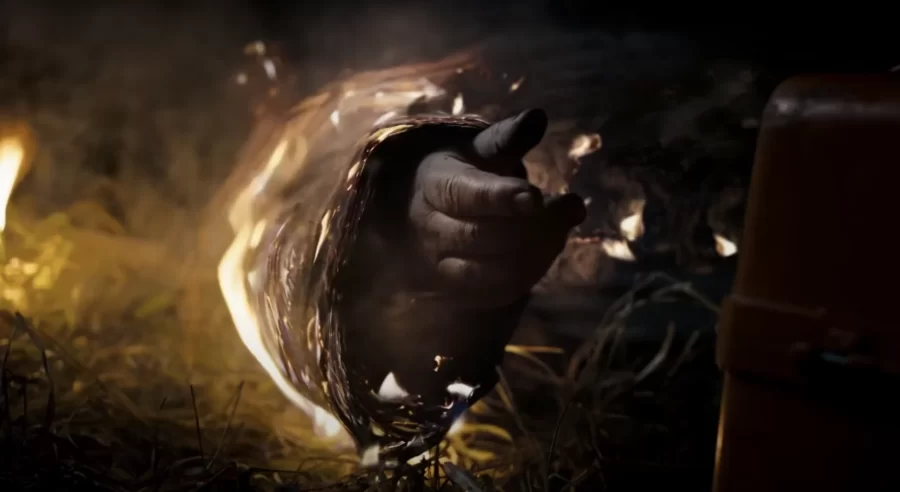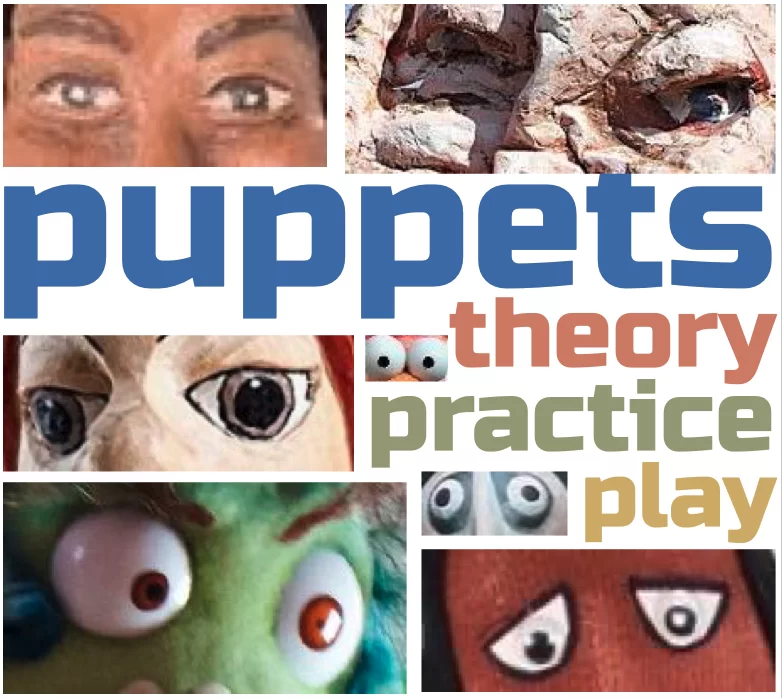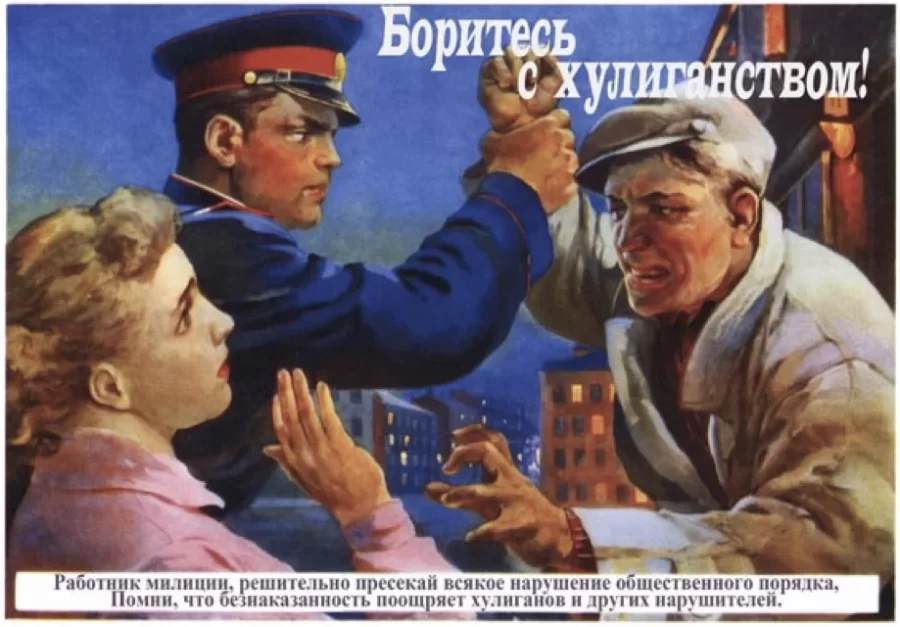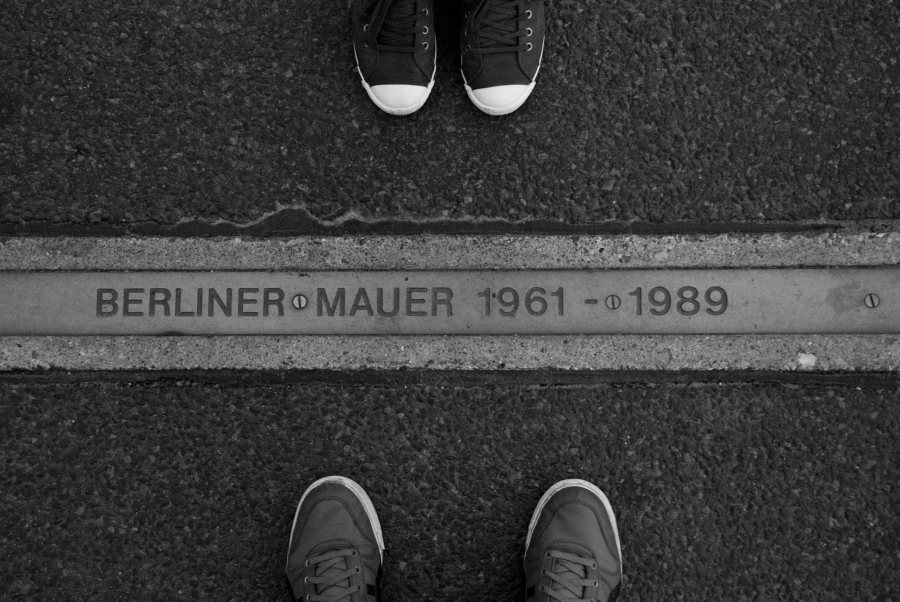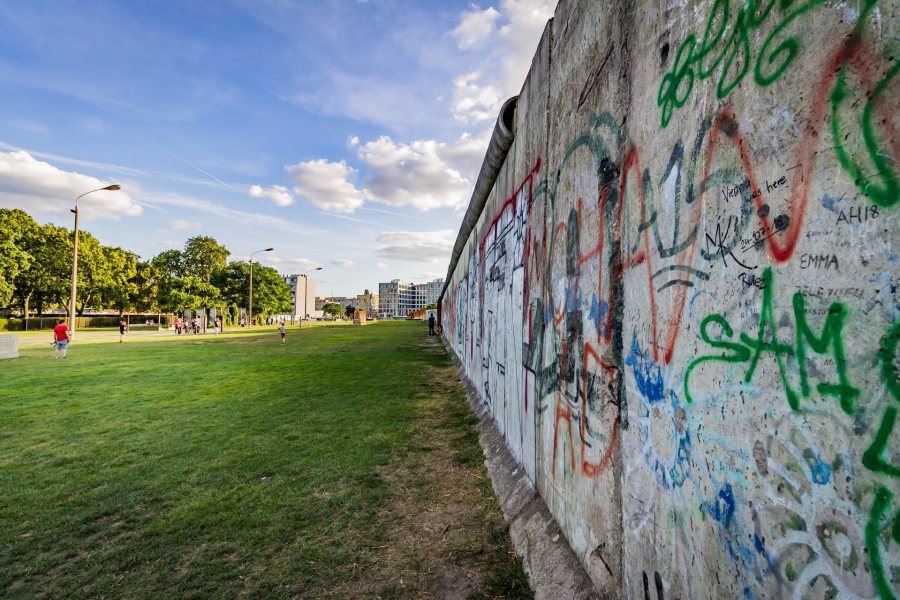About
🇺🇦 The Department of German & Russian Studies stands with Ukraine.
Contemporary central and eastern Europe consists of heterogeneous societies with contested cultural traditions. Offerings in the Department of German and Russian Studies investigate important interconnections among history, society, culture, and language in the region. The curricula in German and Russian explore societies challenged and invigorated by change and stress the importance of attaining fluency not only in the language but also in the nuances of cultural understanding.
The department offers a major and a minor in German and a minor in Russian. The department also contributes to the interdisciplinary program in European studies.
Language host of Bates International Poetry Festival.
We are delighted to announce that Bates students can now study Russian abroad in Latvia. “Learn Russian in the EU” is offered by Daugavpils University, the foremost academic and research institution in Eastern Latvia, located in Daugavpils, Latvia’s second-largest city and the largest Russian-speaking city in the European Union and NATO. “Learn Russian in the EU” provides a broad range of study programs in the Russian language, literature, culture, history, political science, Eastern European studies, and other areas.
Please talk with your Russian professor about your study abroad options.
Spotlight on Our Courses:
WINTER ’24:
RUSS/EUS 247 Contemporary Russia on Film
The course engages students with Putin’s Russia through cinema and discusses a European culture, which is at the same time non-Western in its political makeup. Topics discussed include: the colonial center and its contemporary political and cultural ambitions, imperial periphery and Russia’s “quiet others,” the Russian Idea in New Auteurism, Putin’s blockbusters, Russia’s alterities (minorities, sexualities, taboo Russia), Global Russia (the United States, Europe, Russia, and Ukraine).
Instructor: Marina Filipovic
Language: English
SHORT TERM ’22:
INDS s22. Puppets: Theory, Practice, and Play.
This interdisciplinary course examines the questions, concepts, and potential surrounding puppets through a combination of hands-on work and play with puppets, discussion, readings, and viewings of puppet performances. Readings and other materials offer perspectives on what puppets are, how they interact with audiences, and what makes puppet performance a distinct forum for exploring questions about bodies and identities. Students test these ideas together using actual puppets to see how theory and practice collide. The course concludes with a collective project using puppets to engage with the community at Bates and beyond. Cross-listed in EUS, GER, RUSS and THEA.
Instructor: Cheryl Stephenson
Language: English
FALL SEMESTER ’22:
EU/RU 112. Gangsters and Gulags: Crime in Russia and Eastern Europe.
This course explores the history and shifting contexts of crime and punishment in Russia and Eastern Europe from the nineteenth century to the present. Central questions for the course include how crimes against the state, against property, and against individuals differ; how gender, religious, and ethnic identities impact ideas about criminality; and how legality and morality are related. As students explore literary texts, first-person narratives, films, and other media depicting crime and criminals, they discuss what kinds of norms and values are reinforced or undermined by ideas and actions surrounding crime.
Instructor: Cheryl Stephenson
Language: English
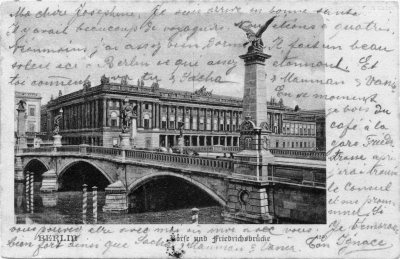
EU/GR 254. Berlin and Vienna, 1900–1914
From the beginning of the twentieth century to the outbreak of World War I, the capital cities of Berlin and Vienna were home to major political and cultural developments, including diverse modernist movements in art, architecture, literature, and music. The ascending German Empire and the multiethnic Habsburg Empire teetering on the verge of collapse provide the context within which this course examines important texts of the time, as well as narratives created during and after WW1 that take a look back at the last decades of both empires.
Instructors: Raluca Cernahoschi and Jakub Kazecki
Language: English
GER 262. The Split Screen: Reconstructing National Identities in West and East German Cinema
The course will introduce you to the turbulent history of Germany and its people in the 20th and 21st centuries through the medium of film. The selection of films focuses on the Nazi past and the consequences of the lost war, stories of divided Germany created on both sides of the border, and productions that portray the reunification of Germany in the 1990s and the processes of European integration in the 2000s.
Instructor: Jakub Kazecki Language: English
GER 341. Landscapes and Cityscapes in German Media
This course examines the construction of space in a variety of historical and contemporary German media, answering questions such as: What landscapes and cityscapes contribute to German identity and how? How do geographical location, cultural particularity, and historical context contribute to (sometimes contested) discourses on these spaces? And how have German speakers conceptualized and colonized “other” spaces in Europe, Asia, Africa, and the Americas?
Instructor: Jakub Kazecki
Language: German
